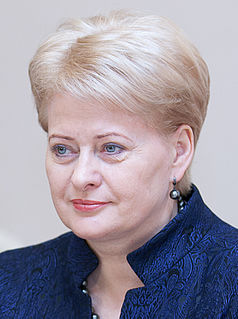A Quote by Peter L. Berger
An economy oriented toward production for market exchange provides the optimal conditions for long-lasting and ever-expanding productive capacity based on modern technology.
Related Quotes
Outside the firm, price movements direct production, which is co-ordinated through a series of exchange transactions on the market. Within a firm, these market transactions are eliminated and in place of the complicated market structure with exchange transactions is substituted the entrepreneur-co-ordinator, who directs production.
The market steers the capitalistic economy. It directs each individual's activities into those channels in which he best serves the wants of his fellow-men. The market alone puts the whole social system of private ownership of the means of production and free enterprise in order and provides it with sense and meaning.
A split between the U.S. and its traditional allies, if it becomes a permanent feature of the new global order, would lead to deeper fragmentation among the world's market-oriented democracies. That will surely shift the long-term balance of power in China's favor, as it moves steadily toward becoming the world's largest economy.
Production for sale in a market in which the object is to realize the maximum profit is the essential feature of a capitalist world-economy. In such a system production is constantly expanded as long as further production is profitable, and men constantly innovate new ways of producing things that will expand the profit margin.
For physical goods, there are costs associated with logistics and lead times, owing to inventories and poor forecasts of the market. With digital capital-intensive technology, however, production will inevitably move toward the final market, wherever it is. This re-localization constitutes a major shift in the structure of global supply networks.
The socialism of centralised state control of industry and production, is dead. It misunderstood the nature and development of a modern market economy. It failed to recognise that the state and public sector can become a vested interest capable of oppression as much as the vested interests of wealth and capital. it was based on a false view of class that became too rigid to explain or illuminate the nature of class division today.

































